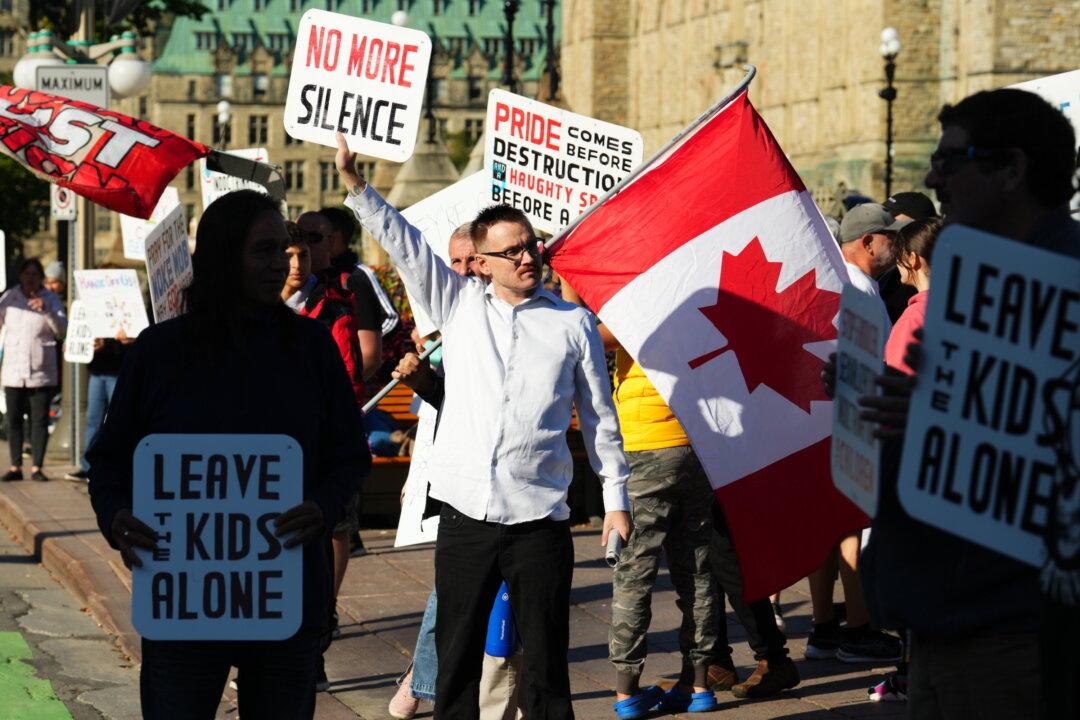The special committee looking into the invocation of the Emergencies Act is recalling ministers to testify in light of the recent federal court decision deeming it unjustified.
The committee composed of MPs and senators passed a motion on Feb. 13 asking Attorney General Arif Virani and Public Safety Minister Dominic LeBlanc to testify.





